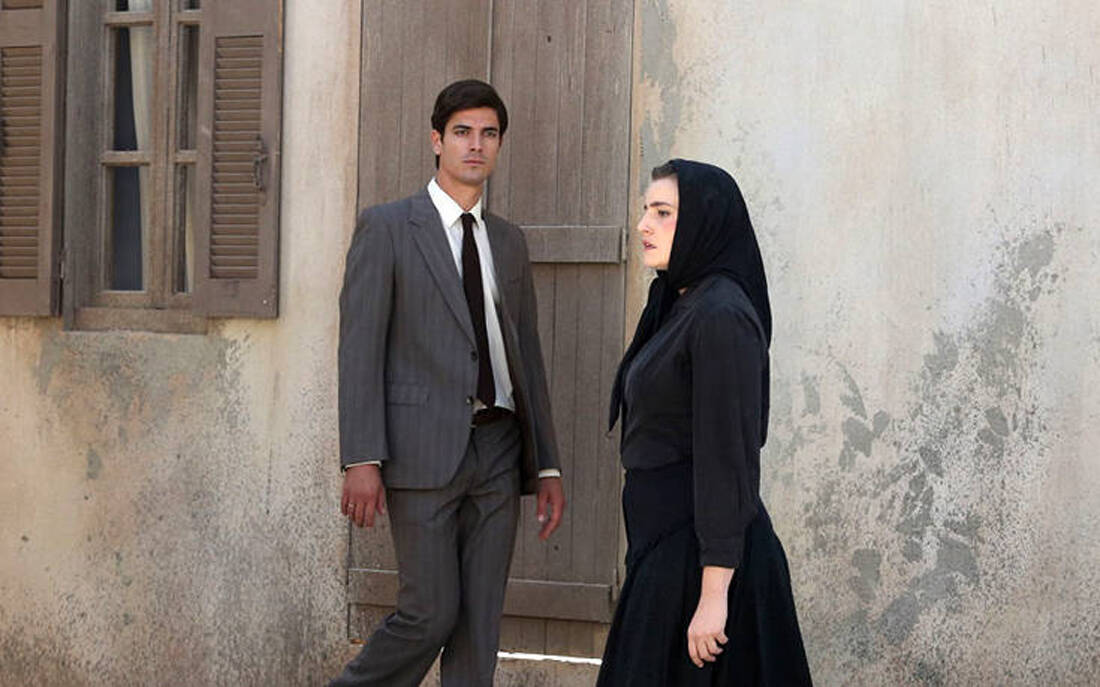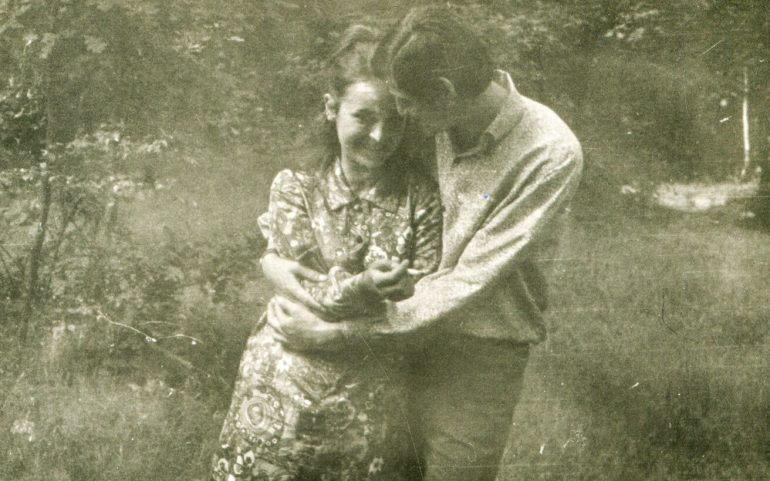Viewers watching Wild Bees, in the episodes that are shown at this time, they see the teacher of the series, Lambros, trying to get a divorce from his wife, Theodosia, but to find a wall in front of the law that was in force at the time and forbade divorce. The only way to end the marriage was to provide evidence of adultery or to admit that the spouse actually committed adultery. And in case you are wondering, if the above story is a product of fiction for the needs of the ANT1 series, the answer is "no".
At Greece for many years and specifically until 1982, there was an anachronistic and strict law forbidding couples to take divorce. The "character mismatch" did not exist as a reason for separation and as we said above, the only reason for divorce was adultery. And so for many decades "God's married, man do not separate" was fully applicable and legally, but leading to a dead end many spouses who were either forced to stay in a finished marriage or move on to a double life. And created countless "unredeemed couples"- so the press of the time called them - but also a generation of illegitimate children, since the father mainly, was not able to recognize the child, since he had not divorced.

Today, when the divorce process has been simplified, this story sounds very strange. However, it was a reality - harsh - for the couples who were experiencing it at the time. Even if the two spouses in the marriage agreed that they did not match, that they could not continue living together, this did not mean that they could divorce.
When you got married at that time, you somehow took the risk, since even if you did not fit in, you were forced to live with the other. The only reason for the dissolution of the marriage was adultery. But it also meant expulsion. Although the despair was so great, some spouses even resorted to staged infidelities in order to achieve their goal and be "freed" from the shackles of a failed marriage.
Those couples, who did not succeed, became known as "unredeemed", a name given to them by the press of the time.

Here, there are also stories with the role played by the spouse who did not want the divorce. Especially when he realized that there was another person, then in a vengeful way he stubbornly refused to divorce. Something similar, that is, that we watch in the "unredeemed couple" of the ANT1 series, where Theodosia does not agree to the separation.
And if the other side did not agree, the process did not become more difficult, but simply impossible. Of course, there were cases where women threatened their husbands and demanded financial compensation (money, real estate) to consent to the dissolution of the marriage.
The situation for the "unredeemed" was desperate and over time, their number was growing. In fact, it is estimated that their number in the 70's exceeded one hundred thousand! And because "Power in Unity", they decided to create their own union and together to claim their rights and especially their freedom.
In fact, years ago and specifically since the mid-50s, the "hostages" of failed marriages, had already created their own "unredeemed" neighborhood in Glyka Nera. (It is the district mentioned by the lawyer that Lambros visits, for anyone who watches the Wild Bees).
About 1.500 families lived in that area, of which more than 500 were families of "unredeemed spouses". An impressive number but also indicative of a very serious problem of the time, which had now taken on social dimensions.

Other spouses were forced to remain married, leading a double life. Others abandoned their first wives and started new families, but not legal by the state and without the blessing of the church, which supported divorce law.
From the new relationships children were born, which, however, the father could not recognize, since legally he had never divorced his first wife. And because society was harsh, these children were soon stigmatized as perverts or "bastards."
And we are talking about a large number of children, for an entire generation, who knew cruelty and insults. And he was constantly persecuted.
"Oh God, couple, man, do not separate", so her attitude is not surprising Church, which was against the dissolution of a marriage. They denied any change in the law, arguing that this was how they protected the institution of the family.
In the 70's and while the situation had reached the point of no return, the "unredeemed" went on a hunger strike, moving a large part of the public and highlighting their problem.
In the face of the strong reactions that had been provoked, a temporary solution was given. Couples who wanted to divorce had six months to get a consensual divorce. During this time thousands of divorces were issued. But after six months, the law banning divorce came back.
To be abolished in 1982, by his government Andrea Papandreou. In fact, according to the new family law in July 1982, adultery was decriminalized, while with Law 1329/1983 it ceased to be an absolute reason for divorce.

And while it was very difficult for someone to get a divorce at that time or remained "unredeemed" in a dead marriage, the same was not true with celebrities. There were many "branded" divorces of the time, provoking the reaction of the "unredeemed".
The most typical example and scandal of the time was the much-discussed divorce of the dictator Georgios Papadopoulos. Although married to Niki Vassiliadis, he had an extramarital affair with Despina Sereti for 10 years. When his first wife filed for divorce, it is said that he, with express photographic procedures, overcame the bureaucracy and took his coveted freedom to marry his mistress.
